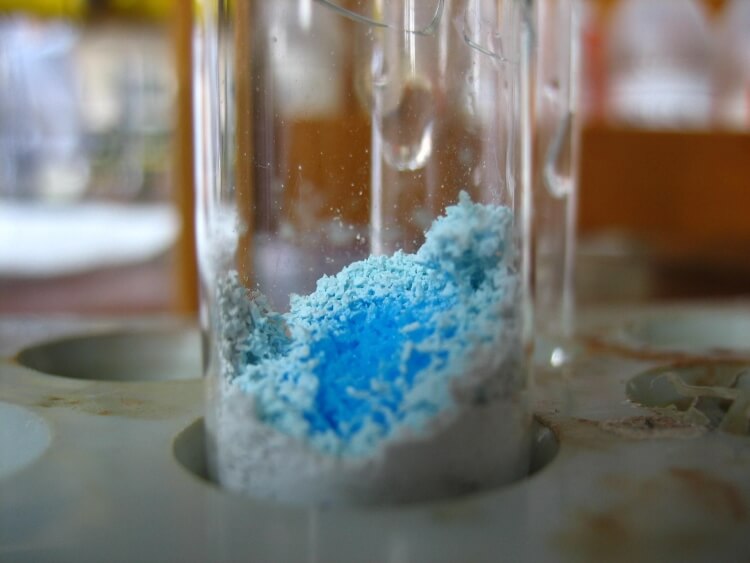cell
APAF-1-ALT Colorimetric Cell-Based ELISA Kit
APAF-1-ALT Colorimetric Cell-Based ELISA Kit
6 Months
APAF-1-ALT
> 5000 Cells
Research use only
Colorimetric 450 nm
Plasma, serum and lysate.
Non-Phospho Cell-Based ELISA
Store the entire kit at 4°C upon arrival.
ELISA Enzyme-linked immunosorbent assays Code 90320007 SNOMED
For cells, cell lines and tissues in culture till half confluency.
APAF1-interacting protein; APIP; APIP2; CGI-29 protein; MMRP19; dJ179L10.2; likely ortholog of mouse monocyte macrophage 19
Our team of scientists has experience in all areas of research including Life Science, Material Science, Chemical Synthesis, Chromatography, Analytical and many others.
To order APAF-1-ALT Colorimetric Cell-Based ELISA Kit, please use the cat '' CB5044 '' and submit your purchase order by email or by Fax, please contact us by email or Live chat.
Colorimetric assays or detection use UV absorption or enzymatic color reaction.E05 478 566 350 170 or Enzyme-Linked Immunosorbent Assays,E05 478 566 350 170 or Enzyme-Linked Immunosorbent Assays
APAF-1-ALT Colorimetric Cell-Based ELISA Kit is able to recognize, detecte and quantificate the endogenous levels of both recombinant and naturally produced APAF-1-ALT proteins, within any experimental sample including cell lysates, serum and plasma.
APAF-1-ALT Colorimetric Cell-Based ELISA Kit is produced by Assay Biotech Company. It's also identified by the synonym '' APAF1-interacting protein '' that is able to recognize, detecte and quantificate the endogenous levels of both recombinant and naturally produced APAF-1-ALT proteins, within any experimental sample including cell lysates, serum and plasma. and that is an appropriate, lysatefree, high throughput and high sensitivity assay kit that can check ADD1/2protein and its expression profile in cells. This kit can be used in order to measur with a hight precision the relative amounts of ADD1/2insid the cultured cells as well as detection of the effects that various inhibitors or treatments (ie. siRNA or chemicals), or activators have on ADD1/2. It's has a colorimetric 450 nm as a detection method, within the range of > 5000 Cells.
